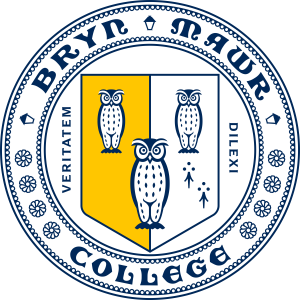
Thompson Fullilove's scholarship will be the theoretical foundation of this survey of 20th-century topics, from literary representations of mental health to the displacement of marginalized communities, from historical persecution in Europe to contemporary domestic violence in Italy. The main goal of the seminar will be to challenge the rhetoric of 'otherness', 'encounters', 'marginalization', 'anti-canon', and 'exoticism' that is typical of broader readings of Italy's modern traditions, adopting Thompson Fullilove's inter-sectional and trans-historical paradigms to re-imagine Italian Studies, to center the gender gap, and overcome the stigma of mental illness and madness. Rooted in the perspectives of trans-codification, trans-historical tradition, and cultural translation, this course attempts to address such questions both in theory and practice using Freudian literary criticism (The interpretation of Dreams, 1899; The Uncanny, 1919; Beyond the Pleasure Principle, 1920; The Ego and the Id, 1923; Civilization and its Discontents, 1930). We will devote our analysis and discussion to primary sources, and then we will organize a scholarly (and creative) workshop. Tailored activities related to social activism (Praxis) will also fulfill the course requirements. A guest speaker for each day of class will further expand the scope of the course and will be invited to let students have a close contact with scholars, writers and activists involved with these compelling issues. We will organize a visit to the Eastern State Penitentiary in Philadelphia. Revolutionary for its time, this carceral facility responded to a new understanding of the role of prisons as places of penance and redemption rather than simply exclusion and punishment. Today, the Eastern State Penitentiary is a museum that hosts a permanent collection and rotating exhibitions of artwork that reflects on prisons and incarceration, as well as a historic exhibition that takes visitors on a tour of the institution. The visit will help students explore the ways in which theories of punishment are embodied in architectural forms and structures, while engaging with the work of activists and artists who expose the injustice embedded in the criminal legal system. Prerequisite: 200 level course or permission of instructor.
- Instructor of record: Roberta Ricci
- Instructor of record: Luca Zipoli
